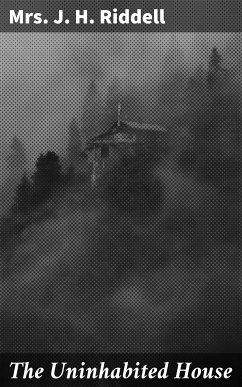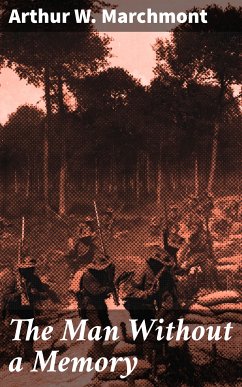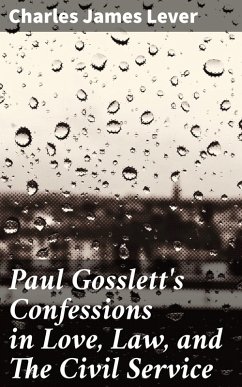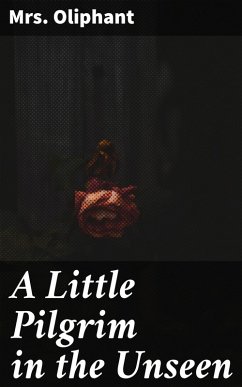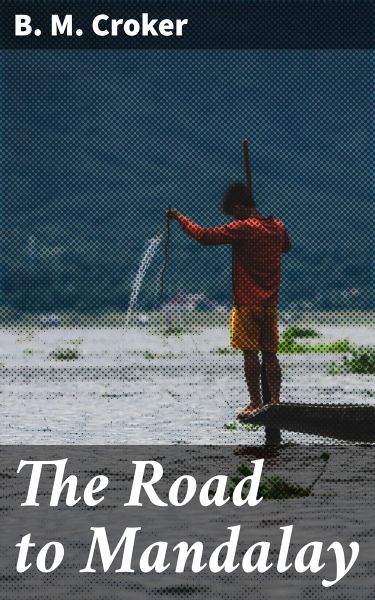
The Road to Mandalay (eBook, ePUB)
Enriched edition. A Tale of Burma
Kommentar: Sutton, Xavier / Redaktion: Good Press
Versandkostenfrei!
Sofort per Download lieferbar
0,49 €
inkl. MwSt.
Weitere Ausgaben:

PAYBACK Punkte
0 °P sammeln!
In B. M. Croker's "The Road to Mandalay," readers embark on a vivid journey through colonial Burma, where the intricate dynamics of British expatriate life intertwine with local culture. Croker's literary style is characterized by rich descriptions and a keen eye for detail, reflecting both the beauty and the complexities of the Burmese landscape and society in the early 20th century. The novel delves into themes of colonialism, romance, and identity, deftly capturing the tensions between Western aspirations and Eastern traditions amidst a backdrop of sweeping scenery and evocative atmospheric...
In B. M. Croker's "The Road to Mandalay," readers embark on a vivid journey through colonial Burma, where the intricate dynamics of British expatriate life intertwine with local culture. Croker's literary style is characterized by rich descriptions and a keen eye for detail, reflecting both the beauty and the complexities of the Burmese landscape and society in the early 20th century. The novel delves into themes of colonialism, romance, and identity, deftly capturing the tensions between Western aspirations and Eastern traditions amidst a backdrop of sweeping scenery and evocative atmospherics. Croker, born in the late 19th century in India, was deeply influenced by her experiences in British India and Burma, allowing her to provide authentic insights into expatriate life and cultural dualities. Her writing career was marked by a desire to illuminate the nuances of colonial existence, drawing from both personal memories and the broader socio-political dynamics of the time. This background imbues her work with a critical lens on imperialism, showcasing both admiration and critique. Readers seeking a profound understanding of colonial narratives and the intersections of individual lives with historical forces will find "The Road to Mandalay" an essential addition to their literary explorations. Croker's compelling storytelling invites them to reflect on the complexities of culture and identity, making this novel a timeless and evocative read. In this enriched edition, we have carefully created added value for your reading experience: - Hand-picked Memorable Quotes shine a spotlight on moments of literary brilliance. - Interactive footnotes clarify unusual references, historical allusions, and archaic phrases for an effortless, more informed read.
Dieser Download kann aus rechtlichen Gründen nur mit Rechnungsadresse in A, B, BG, CY, CZ, D, DK, EW, E, FIN, F, GR, H, IRL, I, LT, L, LR, M, NL, PL, P, R, S, SLO, SK ausgeliefert werden.






